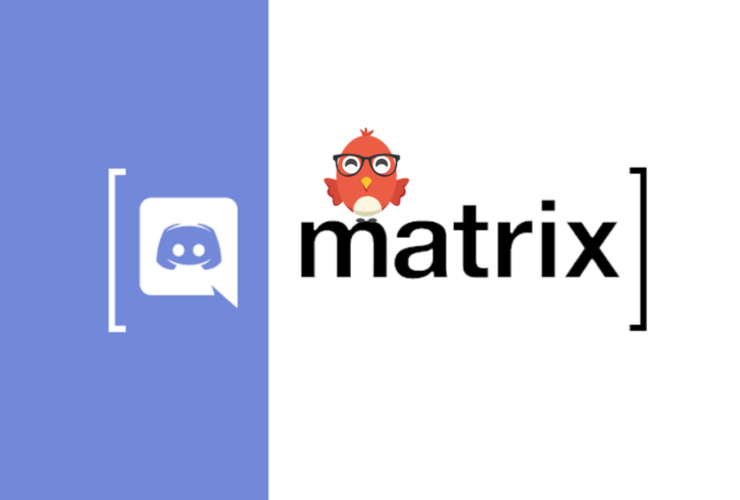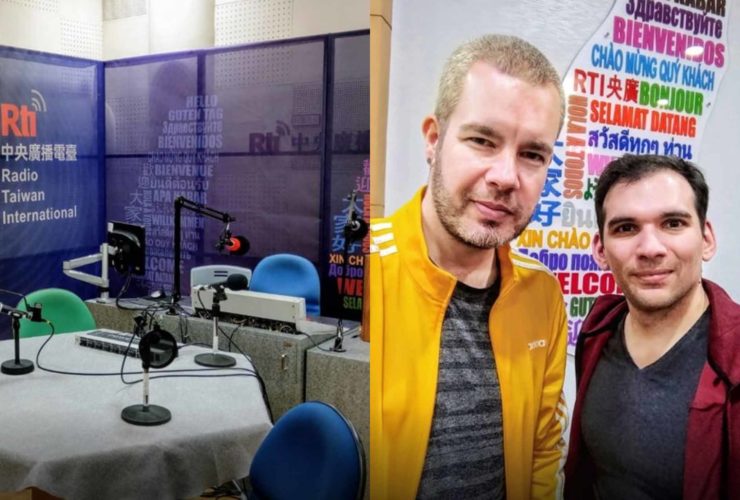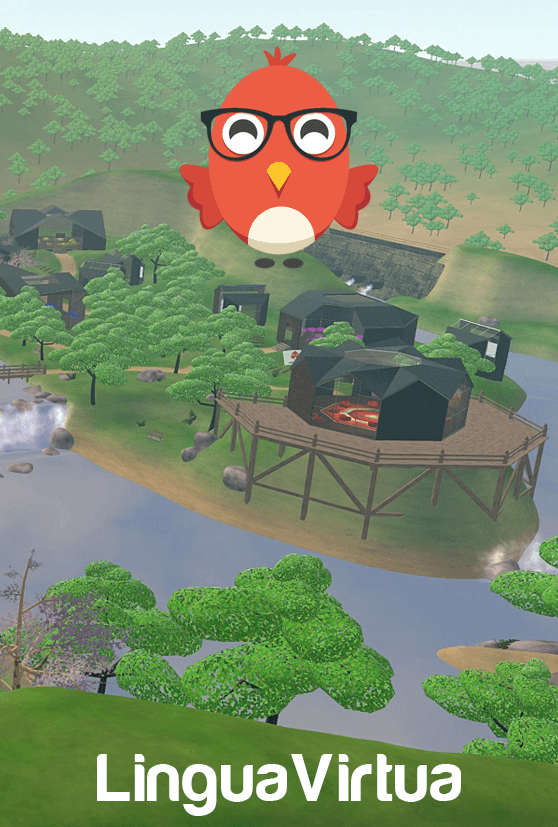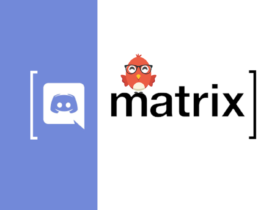We’ve just recently bridged our existing Discord community with the Matrix! Matrix is a communication platform similar to Discord. However, what sets the Matrix apart is that it’s hosted on a federated, decentralized, and open source network. What does this ...
If you have embarked on your Chinese-language learning journey, you have surely found that it requires a lot of patience and practice. The average number of characters a person must master to be considered literate is somewhere between 2,000 ~ ...
Did you know that multilingual people outnumber monolingual individuals? Many communities learn two or more languages, sometimes simultaneously during their childhood. More than 50% of Europeans claim to know at least one language aside from their mother tongue. A large ...
A translator is an expert who coverts written words from one language to another. For example, if someone converts this article to French, they’re a translator. This field requires a lot of skill, experience, and in-depth knowledge of both languages. ...
Dans le studio de Radio Taiwan International, nous accueillons cette semaine notre premier intervenant Américain, Ryan Li, directeur d’une société de services pour internet et les applications déjà implantée dans plusieurs pays et qui désormais se lance dans l’entreprenariat avec ...
Most people learn a second language in school as part of their formal education. High school classes teach words, grammar, and conduct regular tests, but this method of learning isn’t as beneficial as it should be. Many students can’t carry ...
Natural language processing (NLP) is a component of Artificial Intelligence (AI). It allows computers to read, understand, and respond in natural human language. NLP draws from linguistics, computer science, computational linguistics, machine learning, deep learning, etc. The goal of this ...
Learning a new language stimulates your brain in many different ways. It builds new connections, which have a direct impact on your level of creativity. Everyone who masters a second language feels a sense of unparalleled accomplishment. There are very ...
Shadowing is the process of learning a language by mimicking natural speakers. It helps new learners improve and integrate pronunciation and intonation. Most people use shadowing instinctively when they’re learning a new tongue, but following a proper method can help. ...
Many people develop an interest in learning a language later in life. Exposure to different cultures or new media suddenly piques their interest. Some adults also want to learn a second language (L2) because it can help in a professional ...



































